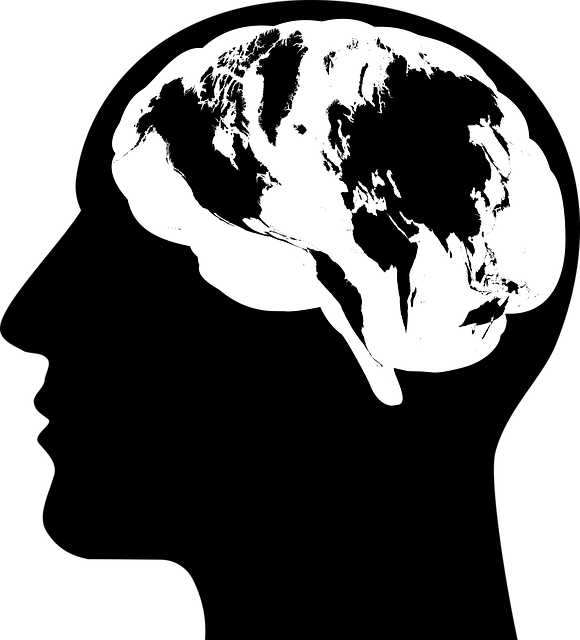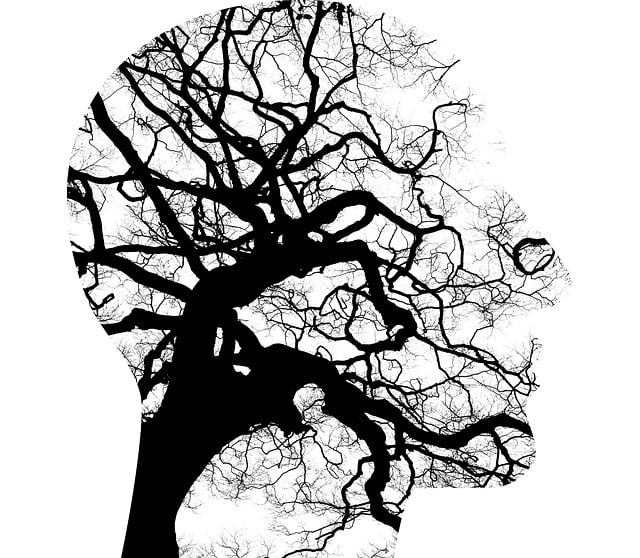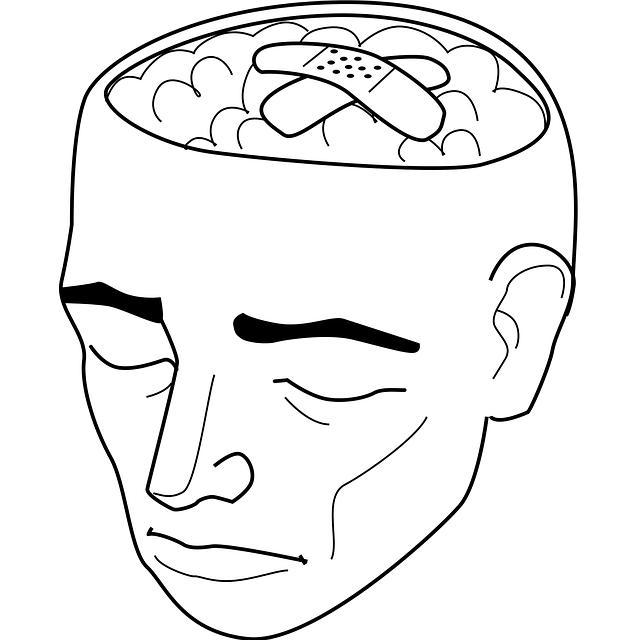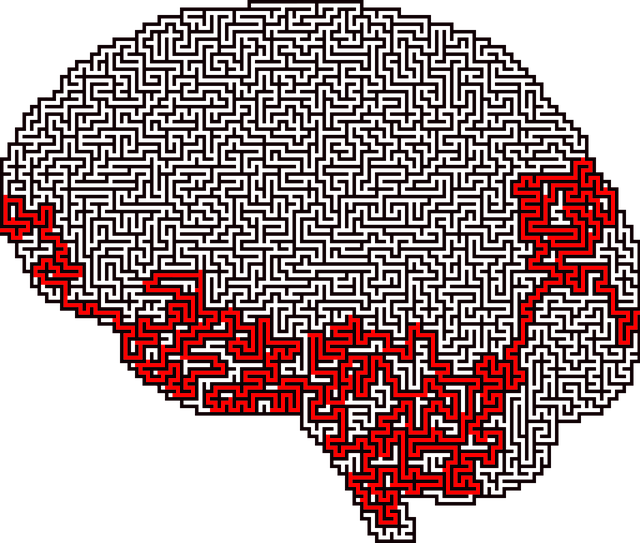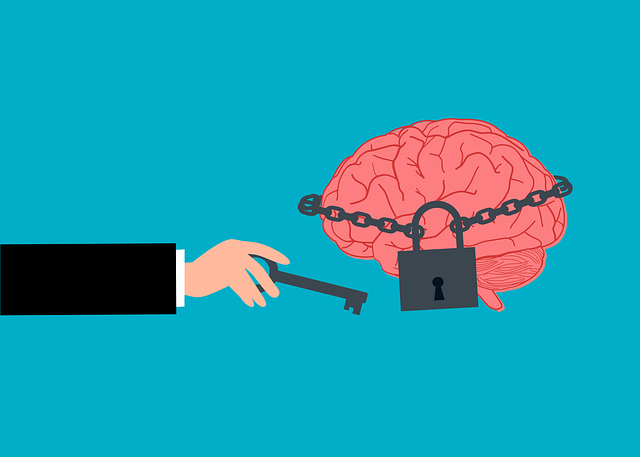Mental health professionals treating elders face unique challenges due to age-related physical and psychological comorbidities. Cognitive Processing Therapy (CPT), adapted for cultural sensitivity, can effectively manage memory issues and improve emotional regulation in older adults. Comprehensive risk assessments, including medical history and social support networks, guide tailored interventions. Integrating CPT with stress management techniques and self-care practices enhances overall well-being and minimizes risks associated with aging minds. Regular assessment and adaptation ensure effective, safe care for elderly clients.
Mental health professionals face unique challenges when treating elderly clients, with risks ranging from cognitive decline to potential falls. This article explores comprehensive risk management planning essential for ensuring safe and effective care. We delve into specific strategies tailored to elderly mental health therapy, including the integration of Cognitive Processing Therapy (CPT) as a powerful tool for risk assessment and mitigation. By understanding unique elder-related risks and implementing adaptive practices, professionals can enhance client outcomes and reduce potential harms.
- Understanding the Unique Risks in Elderly Mental Health Therapy
- Integrating Cognitive Processing Therapy into Risk Management
- Essential Components of a Comprehensive Risk Assessment for Elders
- Strategies to Minimize and Mitigate Risks in Practice Settings
- Continuous Evaluation and Adaptation: Ensuring Safe and Effective Care for Elderly Clients
Understanding the Unique Risks in Elderly Mental Health Therapy

Mental health professionals who specialize in therapy for elders face unique challenges and risks within their practice. As our population ages, understanding the complexities of elderly mental health becomes increasingly crucial. This demographic often presents with comorbid physical and psychological conditions, requiring a nuanced approach to treatment. For instance, cognitive processing therapy can be an effective tool to address age-related memory issues and cognitive decline, but it must be adapted to individual needs and cultural backgrounds.
The healthcare provider’s role is pivotal in recognizing the impact of social isolation, which is prevalent among older adults, and implementing strategies such as regular check-ins and community outreach. Additionally, cultural competency training is essential to ensure respectful and effective care, considering the diverse beliefs and values of this population. By incorporating stress management techniques and promoting mind over matter principles, mental health professionals can empower elders to navigate their challenges, enhancing overall well-being and satisfaction with therapy.
Integrating Cognitive Processing Therapy into Risk Management

Integrating Cognitive Processing Therapy (CPT) into risk management plans for mental health professionals offers a powerful approach to enhancing patient outcomes and overall mental wellness. CPT, specifically tailored for elders, focuses on modifying unhelpful cognitive patterns and improving emotional regulation. By incorporating this therapy into practice, healthcare providers can help patients gain insights into their thoughts and feelings, fostering better coping strategies and resilience.
For mental health professionals, integrating CPT involves a strategic process that considers cultural sensitivity in mental healthcare practice. This includes tailoring therapeutic techniques to respect diverse backgrounds and beliefs, ensuring inclusivity and trust. The Mental Wellness Podcast Series Production highlights the importance of such adaptations, as it showcases real-life examples of effective CPT implementation while addressing the unique needs of elderly patients.
Essential Components of a Comprehensive Risk Assessment for Elders

A comprehensive risk assessment for mental health professionals working with elders should encompass several key components to ensure effective risk management planning. Firstly, a thorough evaluation of the client’s medical history and current mental state is imperative. This includes understanding any pre-existing cognitive impairments or age-related conditions that may influence their ability to process therapy effectively. Cognitive processing therapy, tailored to address these specific needs, can be a powerful tool in managing risks associated with aging minds.
Additionally, assessing social support networks, living arrangements, and access to resources is vital. Many elders face challenges related to isolation, limited mobility, or financial constraints, which can impact their overall well-being. Integrating stress management techniques, self-care practices, and fostering positive thinking into the risk assessment process empowers elders with coping strategies. By considering these factors holistically, mental health professionals can develop tailored interventions to mitigate risks and enhance the therapeutic journey for older adults.
Strategies to Minimize and Mitigate Risks in Practice Settings

In mental health practice settings, minimizing risks is paramount to ensure a safe and supportive environment for both professionals and clients, especially when catering to elders. Effective strategies include implementing structured protocols for risk assessment and management during initial client intake and regularly reviewing them thereafter. By integrating Cognitive Processing Therapy techniques, therapists can help clients identify and challenge negative thought patterns that may contribute to heightened anxiety or distress, thereby mitigating potential risks associated with mental health deterioration.
Promoting Burnout Prevention and Resilience Building through regular Self-Care Practices is another crucial aspect. Mental health professionals should be encouraged to prioritize their well-being by allocating dedicated time for relaxation, exercise, and engaging in hobbies outside of work. Fostering an open dialogue about the importance of self-care within the practice setting can create a culture that values prevention and longevity in the profession.
Continuous Evaluation and Adaptation: Ensuring Safe and Effective Care for Elderly Clients

Mental health professionals working with elderly clients must embrace continuous evaluation and adaptation to ensure safe and effective care. As our understanding of aging minds evolves, so too should therapeutic approaches. Cognitive processing therapy (CPT) offers a promising framework for addressing the unique challenges faced by older adults, focusing on their ability to process and make sense of life events. By integrating CPT with self-awareness exercises and mental wellness journaling exercises guidance, therapists can foster significant improvements in emotional regulation and overall mental wellness among this demographic.
Regular assessment allows professionals to tailor interventions, incorporating stress reduction methods that cater to the specific needs and capabilities of elderly clients. This dynamic approach acknowledges the fluid nature of mental health, ensuring care remains both relevant and effective as the individual’s circumstances change over time. Through ongoing evaluation and adaptation, therapists can optimize therapeutic outcomes while minimizing potential risks associated with static treatment plans.
Risk management planning is an indispensable tool for mental health professionals working with elderly clients, who often face unique challenges. By integrating evidence-based practices like Cognitive Processing Therapy into their risk assessment and mitigation strategies, therapists can enhance the safety and effectiveness of care. A comprehensive approach that includes thorough assessments, tailored interventions, and continuous evaluation ensures that therapy remains a powerful and positive force for older adults seeking support. This proactive management not only minimizes risks but also optimizes outcomes in elderly mental health therapy.



